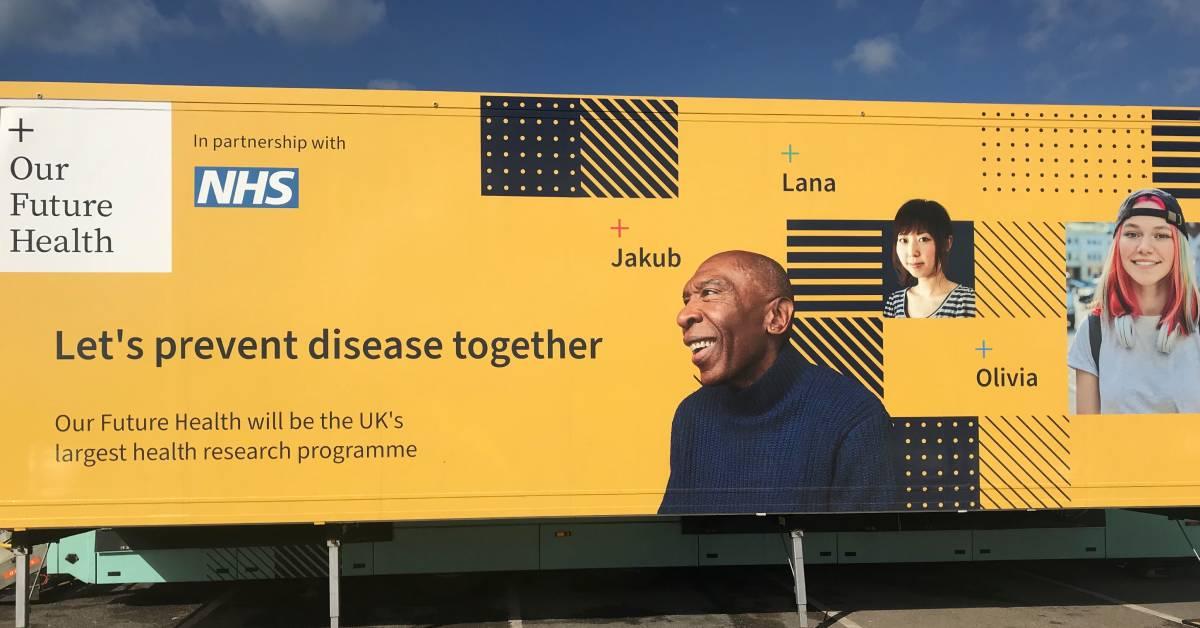Subscribe to trusted local news
In a time of both misinformation and too much information, quality journalism is more crucial than ever. By subscribing, you can help us get the story right.
- Subscription costs less than £1 a week with an annual plan.
Already a subscriber? Log in here.
13
Apr 2023
Last Updated: 13/04/2023
UK's largest-ever health research programme comes to Ripon

The UK's largest-ever health research programme has arrived in Ripon and is seeking volunteers aged over 18 from all backgrounds and communities to take part.
Working in partnership with the NHS, the charity Our Future Health has opened its large yellow mobile clinic on the Morrisons car park, off Harrogate Road, and will be there for a month.
Our Future Health aims to transform the prevention, detection and treatment of conditions such as dementia, cancer, diabetes, heart disease and stroke.
With up to five million volunteers across the UK, the goal is to create one of the most detailed pictures ever of people’s health.
At their clinic appointment, as well as having a blood sample and some physical measurements taken, volunteers will be offered information about their own health, including their blood pressure and cholesterol levels.
In the future, volunteers will also be given the option to receive feedback about their risk of some diseases and have the opportunity to take part in research studies.
Working in collaboration with the NHS, the programme is sending invitation letters to people who live near the new clinics. Anyone over the age of 18 can join by signing up online, completing an online health questionnaire, and booking a short clinic appointment.
Dr Raghib Ali, chief medical officer at Our Future Health, said:
“Our clinics are rapidly reaching more communities across the UK, giving more people than ever the opportunity to learn more about their own health and help people live healthier lives for longer.
"By placing our clinics in settings that people come across in their everyday routine, such as supermarkets, train stations and Boots stores, we’re making it easy and convenient for everyone to contribute to health research, particularly people who have never done something like this before.”
0